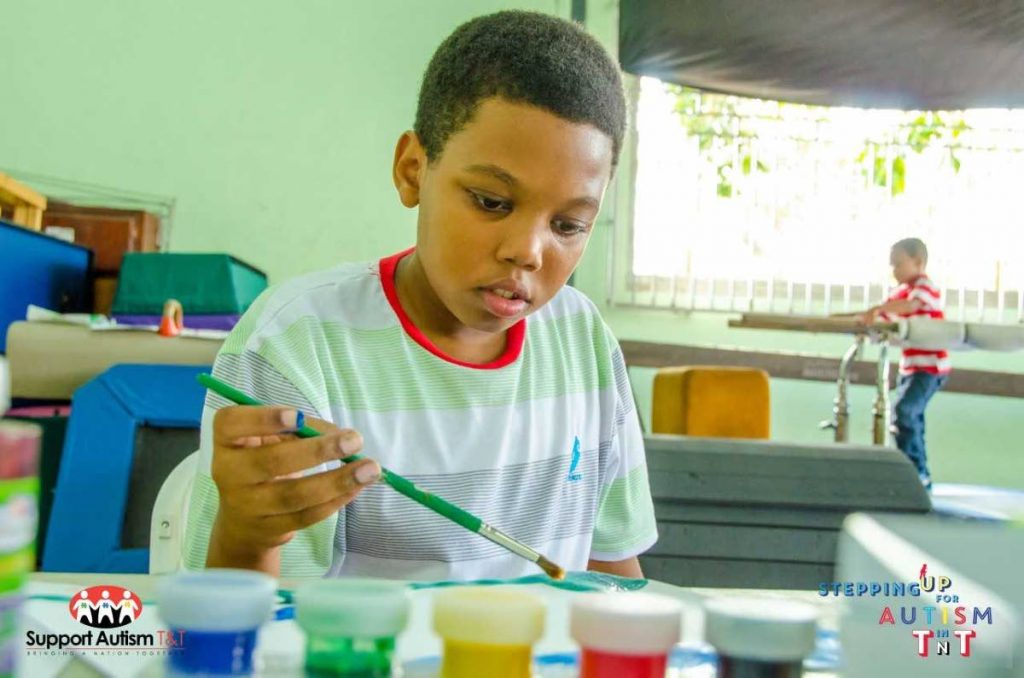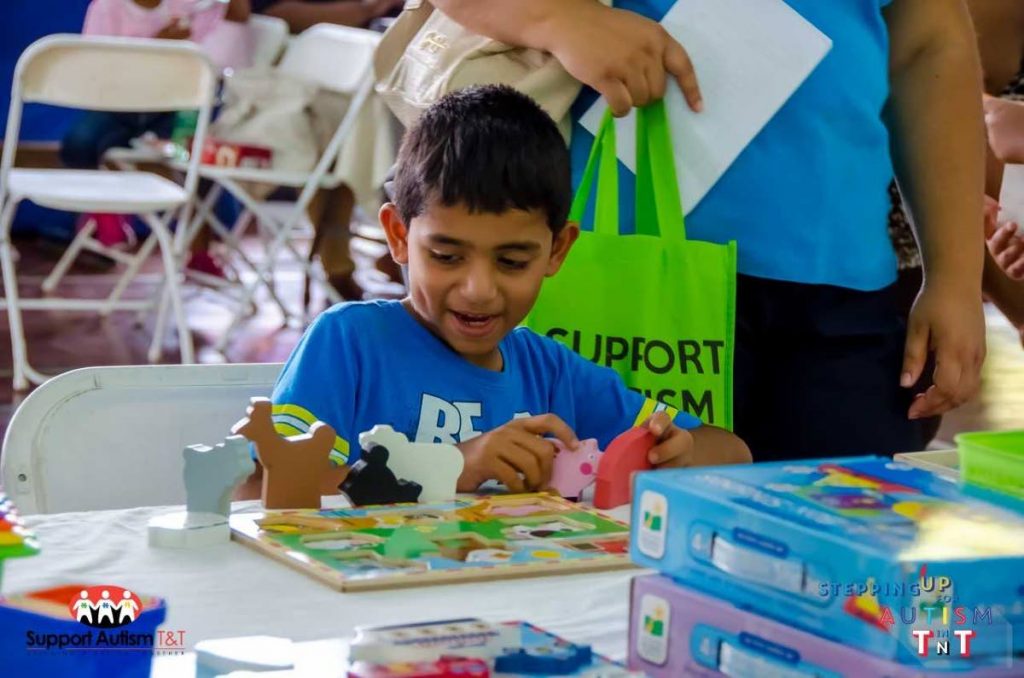Autism education – spinning top in mud

DR RADICA MAHASE
Kimberly is a 40-year-old lawyer with a seven-year-old daughter who has autism.
Kimberly said, “I don’t think anything is going to change for those with special needs in TT. My husband and I work so hard to be able to send our daughter to a private school and to all the therapy sessions we think she needs. We have been following the discussions on special needs but it’s really depressing. Everyone only talking; nobody doing anything to change the situation. My husband said elections coming up so we might see some changes so we will wait and see what happens. But if the situation remains the same then we will have to think about migrating because our daughter needs more than what we can give her here.”
This year, the topic of special needs has been in the public domain much more. However, real changes only happen when government sees the need to change existing policies/ implement new policies. The historian that I am, I decided to deconstruct the entire special needs discourse in order to ascertain where it is heading. There are different versions of a story, based on who is telling the story and the narrator of the story will obviously try to make he/she look like the victor in the story. We see this quite clearly when we analyse autism/special needs education in TT.
On one side, there is the TT Government as represented by the Ministry of Education. Earlier this year when Independent Sen Paul Richards moved a motion in the Senate questioning the provision of equal educational opportunities for those with special needs in TT and recently in a session of the Joint Select Committee on Human Rights, Equality and Diversity, the Ministry of Education adopted a defensive stance. Its response was to list all the schools/services that exist and all the things that are being done for special needs education in TT. The defensive stance is almost expected, given the fact that generally politicians do not like to be told that they are not doing their job.
The ministry’s response would have been better received if it had listed what exists (schools and services) but also included an evaluation of the effectiveness of these and fixed concepts of what else could be done in the immediate future.
At the same time, it is heart warming to know that the ministry has been allocating teacher’s aides to more students since April; has conducted workshops for teachers on differential learning and has been putting measures in place to assess pupils as they enter primary schools. Of course all these should have been in place before but they were not and one can only hope that the ministry will continue being more proactive so that we might actually have equal educational opportunities for those with special needs.
On the other side, there are the NGOs which have been advocating for those with autism. While the ministry has adopted a defensive stance, the NGOs have adopted an aggressive stance. Their advocacy has included a petition to the ministry and bashing the government on social media.
Given that most of the NGO personnel lives with someone with autism and that autism is a part of their everyday lives, one cannot blame them for feelings of hopelessness when it comes to the education of their children.

Unfortunately, the aggressiveness will only continue to be met with defensiveness. Then we’re all just spinning top in mud as nothing changes. While the NGOs continue to face off with the ministry individuals with autism/special needs continue to suffer due to lack of equal educational opportunities. For real change to occur we need to have mature conversations where we discuss what exist presently what is needed and where we can progress in the future. This will only happen when there are consultations with all stakeholders – it cannot just be the ministry and NGOs – educators, parents, individuals with autism/special needs should all be part of the conversation. We also desperately need structured research which will guide the policy-making process.
More than anything else, we need to lose the “power play” by the ministry and “victim mentality” of the NGOs. Only then can we really work towards creating equal educational opportunities for those with autism/ special needs in TT. Why should Kimberly and other parents have to think about migrating just so that their children can access basic rights?
Dr Radica Mahase
founder/director, Support Autism T&T

Comments
"Autism education – spinning top in mud"